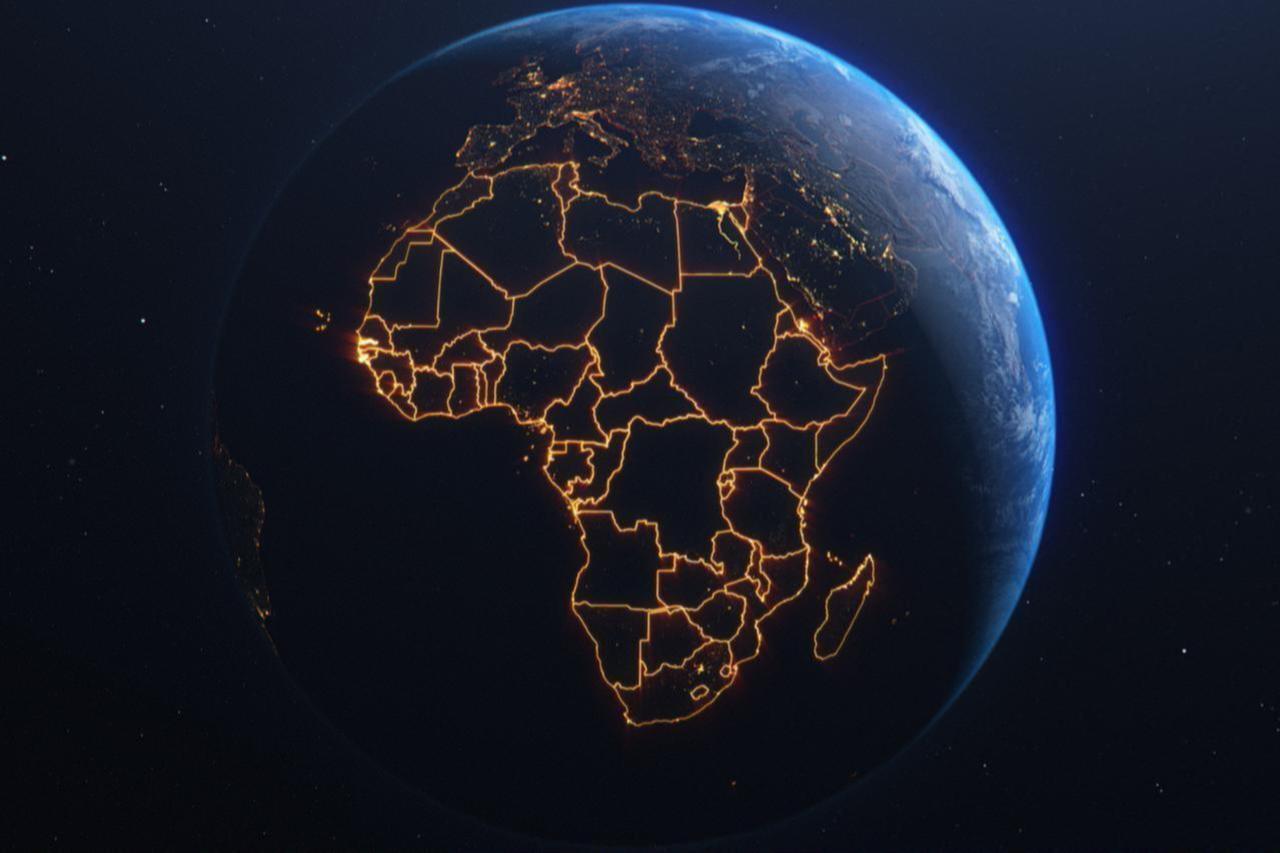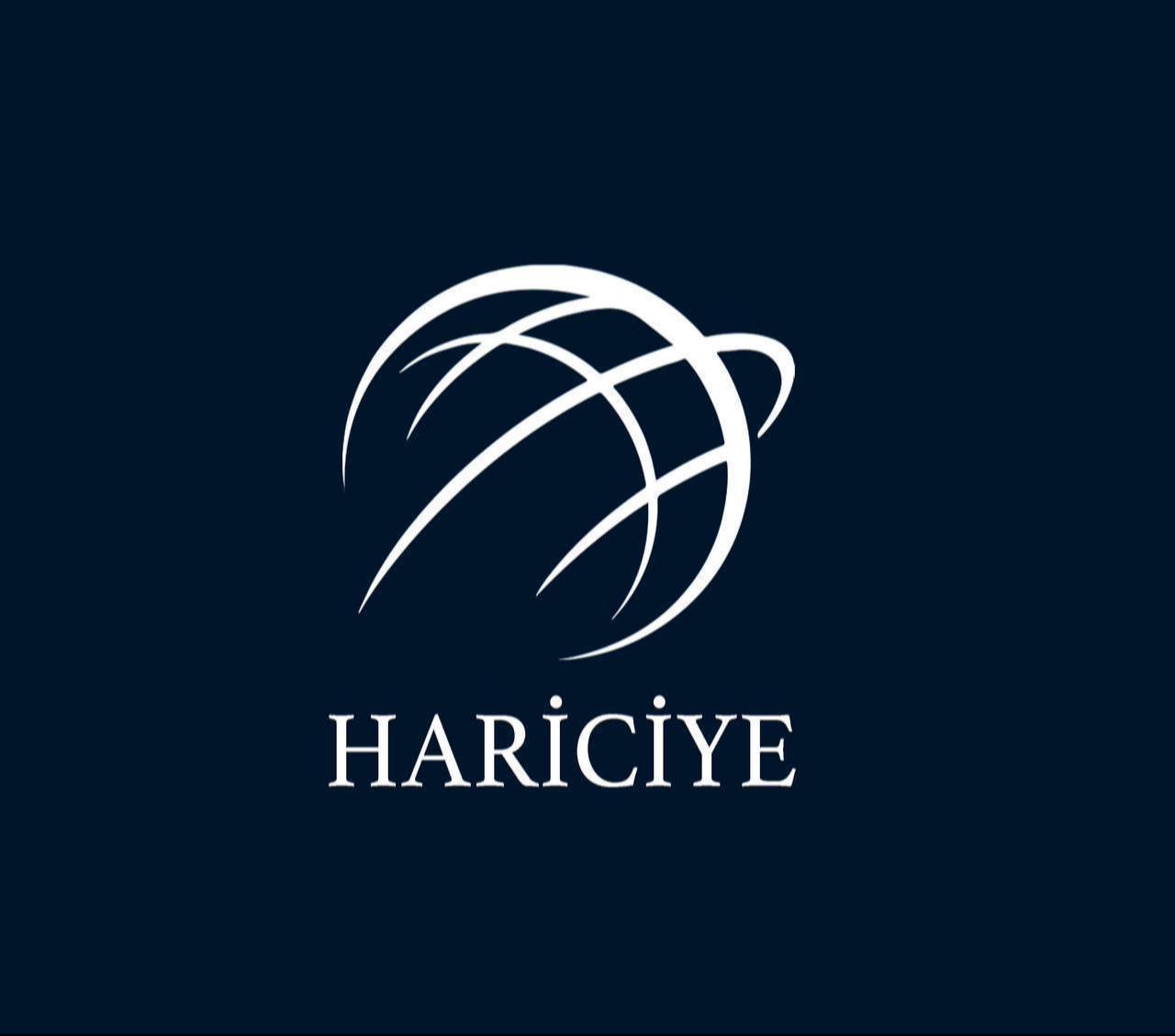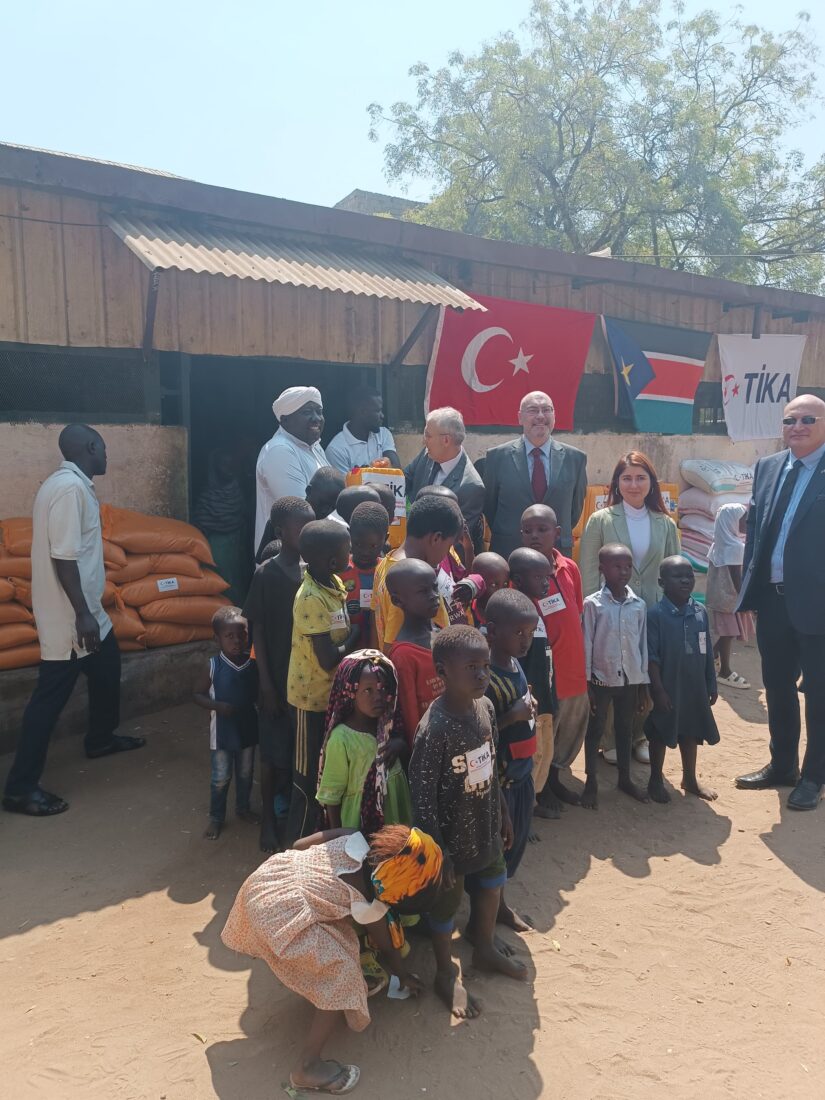

Türkiye has emerged as a transformative actor in Africa over the past two decades.
At the heart of this transformation lies humanitarian diplomacy. Led by the Turkish Cooperation and Coordination Agency (TIKA), projects addressing education, health and infrastructure needs not only deliver tangible benefits but also foster deep sympathy toward Türkiye among African societies.
This approach positions Türkiye as a "brother nation," while also securing a strategic role in global power dynamics. In particular, the United States views NATO member Türkiye's growing influence in Africa as a balancing force against the expansionism of Russia and China.
Meanwhile, France's deteriorating image means it can no longer hold sway in the region, yet it welcomes Türkiye's strengthening presence on behalf of NATO.
In this article, we will examine Türkiye's humanitarian diplomacy in Africa through concrete projects, highlighting their societal and geopolitical implications.
Türkiye's African journey gained momentum in 2005, when it declared the year "Africa Year." Since then, TIKA has established 22 offices across the continent, expanding its operations. In the last five years alone, 1,884 projects have been implemented in Africa, with health, education and infrastructure at the forefront.
TIKA's "Turkish-Style Development Cooperation Model" emphasizes tailoring aid to local needs and ensuring sustainability. This model goes beyond emergency relief to focus on long-term capacity building.
For instance, 228 health projects have supported maternal and child health, while 267 education initiatives have elevated vocational training standards.
These efforts touch the daily lives of African communities, embedding Türkiye as a "reliable partner."
In education, TIKA's contributions are shaping Africa's future. Across the continent, approximately 200 schools have been constructed, renovated, or equipped.
In Somalia, schools built by TIKA have provided access to education for thousands of children.
In the capital, Mogadishu, collaboration with the Turkish Maarif Foundation enables 20,000 students to attend classes in 175 schools.
These institutions go beyond classrooms, including libraries and computer labs. In Sudan, TIKA equipped the Nyala Health Services Vocational School in South Darfur with a 45-seat computer lab, library, and solar power system.
In a region plagued by frequent power outages, this project ensures uninterrupted learning and enhances skills for about 400 students.
In Niger, the Niger-Türkiye Friendship School, with a capacity of 1,200 students, stands as one of the continent's most modern educational facilities; its adjacent 648-bed dormitory encourages girls' continued attendance.
These initiatives boost sympathy toward Türkiye in African societies, as education is seen as the key to breaking the cycle of poverty—one of the continent's greatest challenges.
Local leaders describe TIKA as a "fraternal hand," and surveys indicate a rapid rise in Türkiye's positive image.
Health projects represent the most touching aspect of this humanitarian diplomacy. In recent years, TIKA has completed 142 health initiatives, bringing hope to over 900,000 people.
The Recep Tayyip Erdogan Hospital in Somalia, one of the continent's largest, serves 150,000 patients annually.
Beyond medical care, it trains local doctors. In Niger, the Türkiye Friendship Hospital focuses on maternal and child health, conducting 111,000 health screenings and 7,616 surgeries to compensate for the region's inadequate infrastructure.
In Libya, the Physiotherapy Hospital offers rehabilitation to trauma victims, while in Sudan, the Nyala Sudan-Turkiye Training and Research Hospital addresses Darfur's health needs. These facilities were also at the forefront during outbreaks like Ebola; TIKA sent 3 tons of medical supplies to Liberia to aid containment efforts.
African societies appreciate these projects for distinguishing them from Western aid burdened by colonial legacies.
As a result, Türkiye's assistance is perceived as "equitable," cultivating profound gratitude among the continent's people.
This sympathy also bolsters trade ties; Türkiye-Africa trade volume surged from $5.4 billion in 2003 to $37 billion in 2024.

Infrastructure projects showcase the concrete outcomes of this humanitarian effort.
TIKA has targeted clean water and sanitation challenges by building treatment plants and pipelines. In Somalia, infrastructure work—including roads and bridges in rural areas—has facilitated access for famine victims.
In Ethiopia, the restoration of the King Nejashi Mosque revives historical ties, while in Niger, the Friendship Park enriches community social spaces.
These investments boost local employment and contribute to economic development.
Turkish firms have secured $97 billion in construction contracts from Africa, underscoring that infrastructure serves as a vehicle for mutual benefit.
The sympathy toward Türkiye in African societies stems from the "win-win" nature of these projects; local populations praise their sustainability and transparency.
This humanitarian diplomacy resonates in the geopolitical arena as well. The United States sees Türkiye's influence in Africa as a counterweight to the aggressive expansion of Russia and China.
China's $51 billion funding pledges and Russia's security deals in the Sahel are eroding traditional Western influence. As a NATO member, Türkiye approaches Africa through the "Ankara Consensus" without colonial baggage: 44 embassies, 61 Turkish Airlines destinations, and 22 TIKA offices establish a solid footprint.
U.S. think tanks describe Türkiye as a "decisive ally"; its 2,000-strong military base in Mogadishu and contributions to U.N. peacekeeping forces (in Somalia, Mali, and South Sudan) offer alternatives to Russia's Wagner Group mercenaries.
Defense exports are noteworthy: Baykar drones are used in 10 sub-Saharan countries like Kenya and Ethiopia, making Türkiye the fourth-largest arms supplier to West Africa.
The U.S. reinforces this influence through cooperation in Syria and Ukraine, proposing joint ventures in critical minerals, energy and infrastructure.
This strengthens NATO's southern flank while enhancing bargaining power against China and Russia.
France's position is more complex. As the continent's former colonial power, France faces rising anti-French sentiments in the Sahel (Mali, Niger), with surveys showing record-low popularity.
This vacuum is being filled by Russia and China, yet Türkiye's rise presents both rivalry and opportunity for France.
Tensions exist in Libya, Mali, and the Horn of Africa, but within NATO, France welcomes Türkiye's empowerment.
France's withdrawal from Africa (e.g., troop pullouts from the Sahel) allows it to focus on NATO's eastern flank; Türkiye fills the void, preserving alliance cohesion.
French officials discuss reshaping NATO's Africa strategy by emulating Türkiye's "non-interfering" approach. This could transform the Türkiye-France competition into a NATO-aligned collaboration.
In conclusion, Türkiye's humanitarian diplomacy in Africa is a story that begins with school and hospital constructions.
These projects not only increase sympathy in African societies but also garner the U.S.' strategic satisfaction and France's pragmatic acceptance.
The continent transcends a mere geopolitical chessboard for Türkiye, serving as a bridge. In the future, this model could redefine global balances: sustainable development bolsters NATO's strength while providing equilibrium against Russia and China.
Türkiye shines in Africa not just as an aid provider, but as a partnership builder.